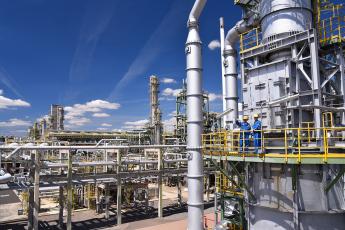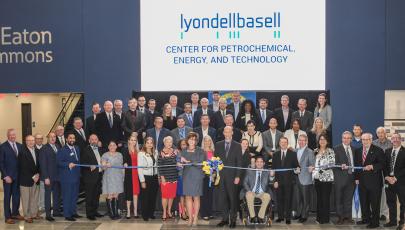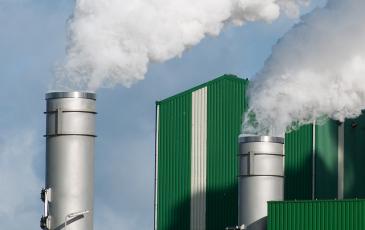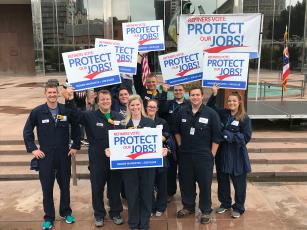Ethanol “Demand” Is Higher Than Ever
As we progress through 2019, one thing that has remained consistent is that U.S. ethanol consumption and blending are higher this year than they have ever been — a sign that small-refinery hardship waivers exempting some qualified facilities from Renewable Fuel Standard (RFS) blending obligations have not destroyed demand for ethanol.
CITGO Is Worth Protecting
In the last ten years the fracking revolution has led to amazing growth and vastly increased energy security for the United States.
As Air Travel Increases, Petrochemicals Make Flights More Efficient
From the wings and fuselage to the seats and overhead bins, petrochemicals have been increasingly relied upon to make passenger aircraft lighter and stronger, cutting fuel use and costs and making air travel more sustainable at a time when more people are flying than ever before.
AFPM Statement on EPA Proposal to Adjust RFS
WASHINGTON, D.C. – The American Fuel & Petrochemical Manufacturers (AFPM) President and CEO Chet Thompson today released the following statement regarding the Trump Administration’s supplemental rule to adjust the U.S. biofuel mandate
API and AFPM Joint Statement on the Administration's Changes to U.S. Biofuel Mandate
WASHINGTON, D.C. – The American Petroleum Institute (API) President and CEO Mike Sommers and American Fuel & Petrochemical Manufacturers (AFPM) President and CEO Chet Thompson today released the following statement on the Trump Administration’s intent to significantly increase the 2020 U.S. biofuel mandate.
40-Year Petrochemical Veteran’s Mission to Close the Industry’s Workforce Gap
With a wave of retirements looming in the next decade, many in the petrochemical and refinery sectors are looking to a 40-year industry veteran to prepare the next generation of highly qualified workers.
America first? Biofuel proposal would increase imports & threaten US jobs
The U.S. refining sector is a steadfast economic engine, supporting more than 2 million jobs and providing the affordable, reliable fuels on which America runs — the gasoline and diesel that take us to work and our kids to school, supply heavy construction equipment and enable first responders, and even power tractors on the farm.
When ‘No’ Was the Norm, the Petrochemical Industry Said ‘Yes’
Lupita Escandon has heard her fair share of “nos.” The mother of three young children had faced plenty of obstacles in balancing life at home with her dream of embarking on a career path for the betterment of her family and herself.
More Than 100 Refinery Workers, Union Members, Trades and Supporters Rally in Ohio Asking President Trump to Protect Refining and Manufacturing Jobs
TOLEDO, OHIO – More than one hundred refinery workers, labor leaders, and elected officials from key battleground states Ohio and Michigan gathered today in Toledo.









